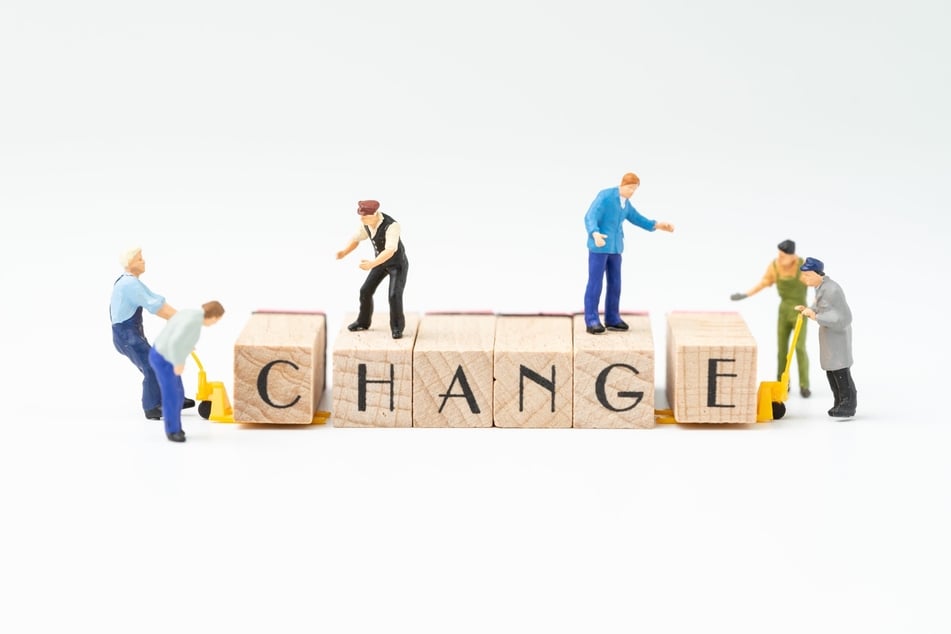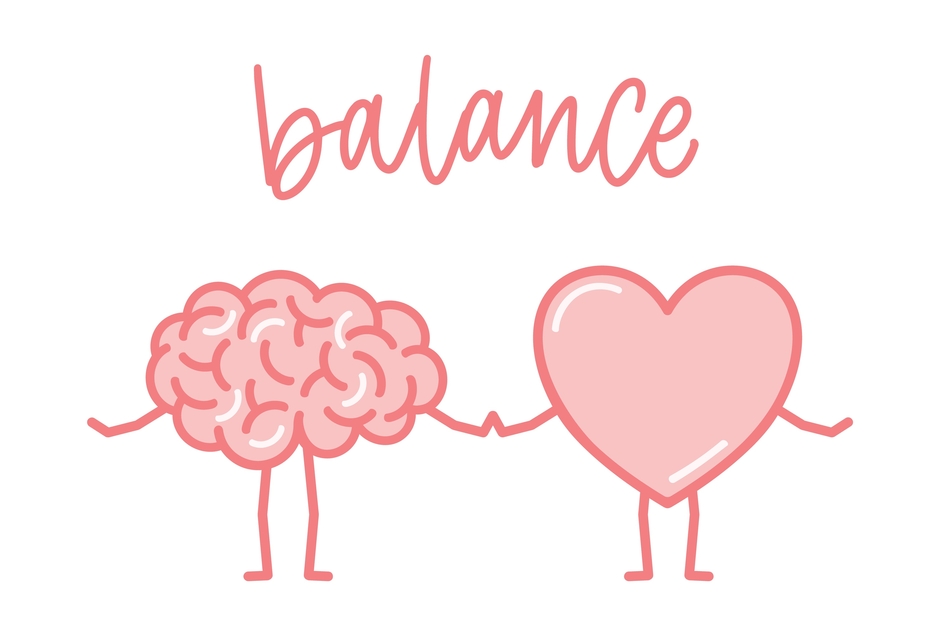Therapy: How to prep for your first session
Going to therapy in person or online can be intimidating. This guide can help clue you in to how your first session might go and what you can do to prep.

It can be hard to ask for help – and awkward to imagine opening up to a complete stranger. But starting therapy is also like starting a relationship.
Finding a therapist alone can be discouraging, especially as the demand for mental health services has been outpacing supply in many places, and has only been upped since the pandemic.
But many people find therapy extremely helpful for lots of reasons.
Three mental health providers have weighed in about how people can best prepare for a first therapy appointment.
These providers suggested asking questions, and expressing any discomfort.
Therapy: Do I need a reason to go?

There is no right or wrong reason to go to therapy.
Some go because they want help navigating a transition in life. Others seek help because they are experiencing a crisis or dealing with symptoms of stress, anxiety, or depression.
In fact, it's completely legitimate to go to therapy even if you don’t have a specific challenge.
Charlotte Andrews, a licensed psychotherapist practicing in Elkins Park, compared a relationship with a therapist to that with a primary-care provider.
People check in with their primary-care physician during annual checkups, even when they feel healthy. Then, when people get sick, they know whom to call.
"Therapy should be part of everyone's wellness plan," Andrews said. "There doesn't have to be anything going on in your life, no crisis ... just being able to check in with a mental health professional."
Therapy: What questions might a therapist ask?

Every therapist is different.
In the first session, a therapist might ask about your childhood, upbringing, meaningful relationships, living situations, sexual and gender identity, history of mental health and past therapy, and current symptoms.
All these formative experiences can shape our mental health and well-being. Talking about them can help the therapist get to know you better. After all, the first session is the beginning of your therapy relationship.
Andrews said mental health professionals know these questions can be difficult. But said, "I want to be able to make sure that we know enough information to where they don't have to tell their story a thousand times."
Therapists also screen for safety by asking questions about self-harm.
Jessica Joseph, a licensed clinical psychologist in Philadelphia, said that if any question makes you uncomfortable, or touches an issue that you are not prepared to talk about yet, just say so.
"You don't have to answer questions. It is OK to be, like, 'I'm not comfortable talking about those things yet or I don't feel safe sharing,'" Joseph said.
Therapy: How do I figure out if a therapist is a good fit for me?

Therapy is about forming a relationship. Ensure a good fit is by asking the therapist the questions.
It's OK – encouraged, even – to ask for specifics about a provider's experience, their approach, and whether they have helped people with similar concerns.
Many practices offer a free consultation before the first meeting, so prospective patients can decide if the provider is a good fit, said Jennifer Reid, a psychiatrist in Philadelphia.
For instance, many providers call themselves allies of the LGBTQ+ community or other groups, but even when they believe they can help, it doesn't necessarily mean they have specific training or experience working with those communities, Joseph said.
Joseph advised asking the provider what it means to be an "ally" and about the person's approach to working with groups of people with whom you identify,
Therapy: What if I don't think this therapist is the right one?

If a therapist doesn't have experience addressing the issues that made you reach out, if you don't feel comfortable, or if you just don't feel like you are connecting, then keep looking for a provider.
"Try to see if you could find someone that you feel more comfortable with," Reid suggested.
You can switch therapists when it suits you. That might be after a consultation, after a few sessions, or even after a long and productive therapeutic relationship that just ran its course.
Reid recommends talking to the therapist about wanting to make a change. "A good professional therapist will understand that. They are not going to take that personally."
Chances are, she said, the response will be, "I understand. Let's help you find someone that will be a better fit."
Above all, always consult your physician or qualified healthcare provider for personalized medical advice if you're feeling too overwhelmed and struggling. Check out these tips to take care of your mental health and these to help handle stress for some keys to a more relaxed state of mind.
SAMHSA’s National Helpline, 1-800-662-HELP (4357), (also known as the Treatment Referral Routing Service) is a confidential, free, 24/7, 365-day-a-year information service, in English and Spanish, for individuals and family members facing mental and/or substance use disorders. This service provides referrals to local treatment facilities, support groups, and community-based organizations. Callers can also order free publications and other information for help.
Cover photo: 123RF/bialasiewicz